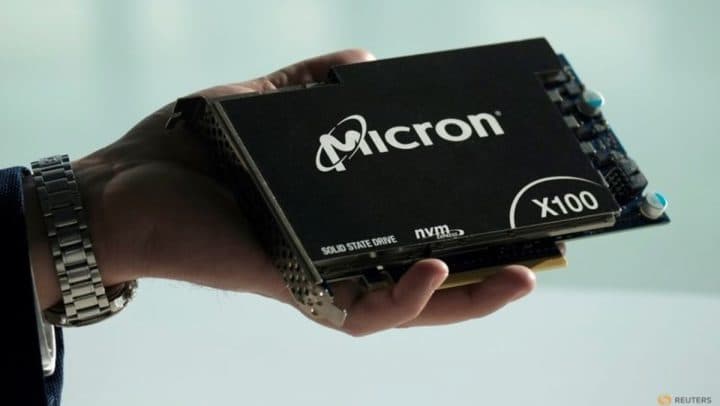
Just a few days after Intel expressed optimism about regaining its lead in process technology by 2025, TSMC issued a statement that questioned the possibility. Competition in the semiconductor industry is heating up and even leading to strange partnerships. Intel will manufacture chips for Qualcomm, while TSMC is racing to beat Samsung on the road to manufacturing 2nm chips.
This week, Intel provided more insights into its strategy to catch up with other companies in the semiconductor industry in terms of process technology, and the role of the new Intel Foundry Services division in achieving this goal. Unfortunately, for Intel, which hopes to catch up and surpass TSMC, GlobalFoundries, Samsung and other companies in 2025, this uphill battle looks more and more difficult as time goes by. As per reports, TSMC is planning to build a 2nm chip factory in Hsinchu, one of Taiwan's largest chip manufacturing centers.
The company received approval from the country's environmental review committee on Wednesday and will start construction in early 2022. The second phase of the installation of casting equipment may begin as early as 2023.
The new factory will occupy 50 acres in the Hsinchu Science Park and is expected to start manufacturing 2nm chips in 2024. As demand for new process nodes grows, TSMC will gradually increase production, but GigaFab's typical goal is to start with 100,000 wafers per month. TSMC also plans to build a second 2nm GigaFab in the Kaohsiung Qiaotou Science and Technology Industrial Park. The secret of TSMC’s N2 process technology is the use of gate-all-around (GAA) transistors, but the company is not yet ready to reveal more details.
A major issue is the water requirement of the new Baoshan facility, that is expected to use atleast 98,000 tons of water on a regular basis. Due to this, TSMC has set a goal to utilize 10% recycled water by the year 2025 and 100% reused water by 2030.
Meanwhile, the construction of TSMC's N5 facility in Arizona is under progress, as is the extension of its 28nm fab in Nanjing, China. In addition to that, the company is assessing the construction of more fabs in Germany and Japan as well.



